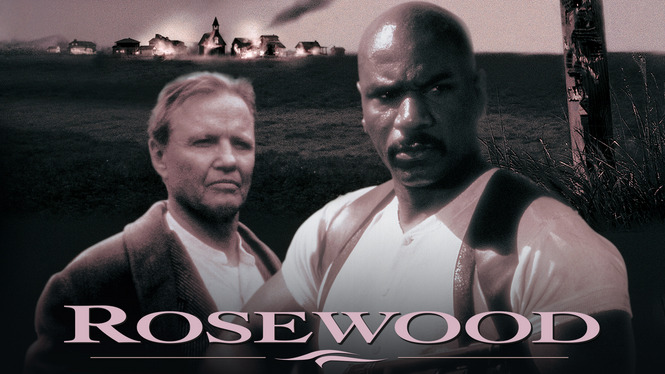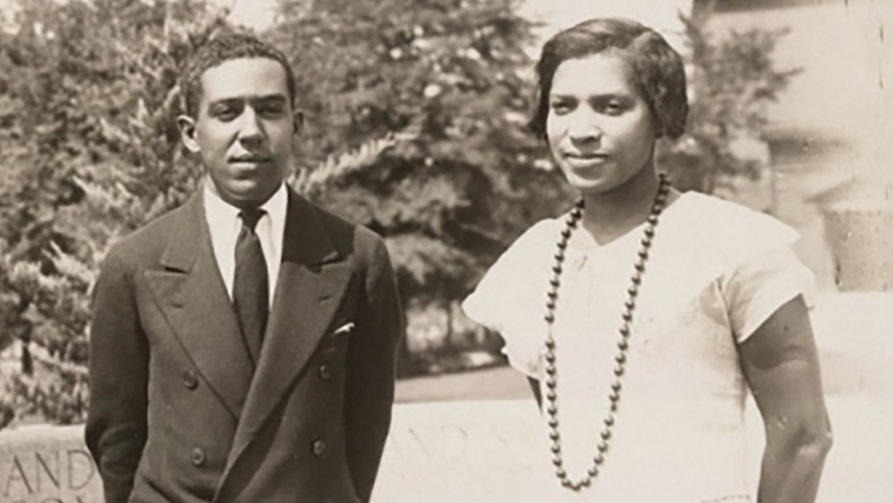
In no other issue has the priority of the federal government and the media been clearer. Who decided to bail out AIG and not Lehman. Why didn’t the American tax payers have a voice in that decision. Who controls the federal reserve? The $700 billion the Bush administration seeks to minimize wall street losses is startling in that an administration that inherited a surplus seeks a bigger and deeper deficit than anyone could have imagined. It’s a parting gift from the Bush administration to Wall Street for screwing up the real estate market. Who decides who gets bailed out and who doesn’t. During the dot com bust no one bailed out fill in the blank dot com.
There is no money for health care or college education but money appears for Wall Street whenever there is reckless unregulated capitalism. The Bush administration, in a vague three page proposal, wants Congress to quickly pass legislation for a bailout. This bailout reeks of the shock doctrine. The government acting in further interest of business when there is a perceived crisis usually in a hurried fashion without debate. One of the key aspects of the proposal is to grant the Treasury Secretary an absurd amount of power to dole out tax payer dollars without oversight or review. Giving Wall Street firms relief from their bad debts without mandating that the U.S. Government take an ownership share in these firms or have any American tax payer say or any consequences for their business decisions. What are tax payers getting in return?
Former republican candidate for president, Ron Paul, who was usually mocked by his fellow republican candidates and the main stream media, now looks like he was asking the right questions about the Federal Reserve and the structure of the U.S. financial system. This crisis was not caused as some right wing racists suggest by giving loans to minorities. The crisis was caused by Wall Street greed. Banks who resold home mortgage loans as securities regardless of what would happen when a home stopped appreciating in value or a buyer could no longer pay the mortgage. It didn’t matter to them because they would not be caught holding the bag. In 1999 President Clinton signed the Gramm-Leach-Bliley Act repealing part of the Glass Steagall Act, a New Deal piece of legislation separating investment banks from commercial banks. John McCain supported deregulation and his friend Phil Gramm (Americans are whining about the economy) bill. Senator Barrack Obama supports regulation of the financial and banking industry.
It took less than 10 years for a financial crisis mirroring the Great Depression to reoccur.








